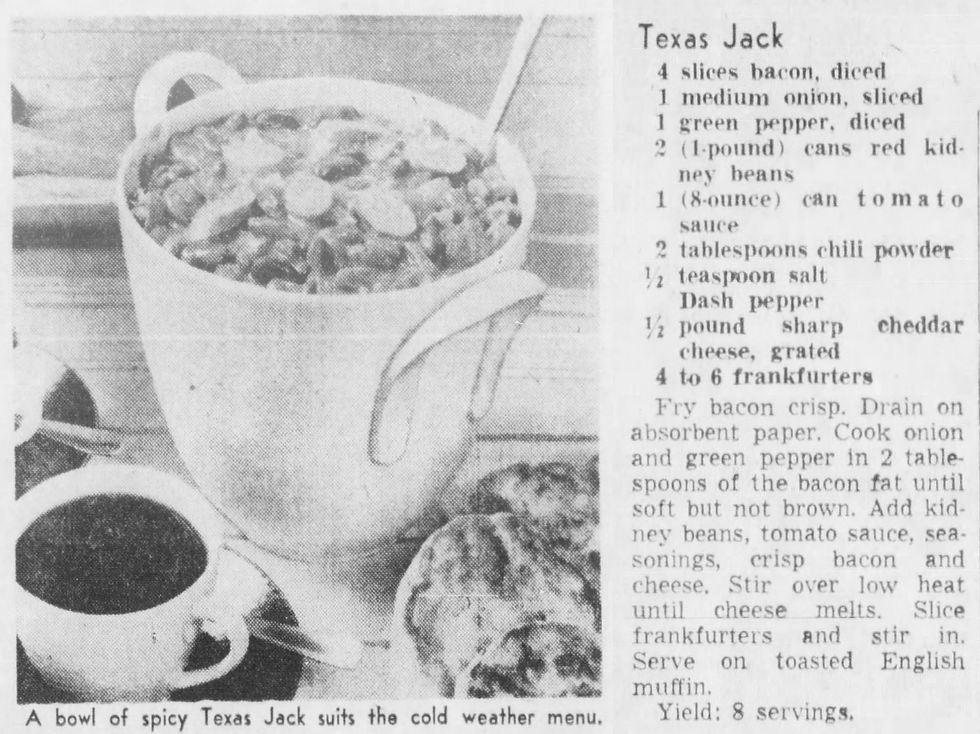80 John Wallace
- Matthew Kerns

- May 15, 2023
- 3 min read
Daniel Webster "80 John" Wallace was born in Victoria County, Texas in 1860 to parents who were both slaves. Daniel’s mother, Mary Barber, was sold to the O’Daniel family just three months before 80 John’s birthday on September 15, 1860. Raised on the O'Daniel plantation, he grew up alongside the O'Daniel family and maintained a close relationship with Mr. O’Daniel’s sons, M.H. and Dial, throughout his life. As a young boy, he listened to the stories of the ranch’s working cowboys. He yearned to become a cowboy and longed to ride horses and work with cattle. At the age of 15, he ran away and joined a cattle drive as a spare hand and horse wrangler, quickly proving his skills and earning a reputation as a reliable and skilled cowboy.

During the late 1800s, Wallace rode the range and worked for some of the most renowned cattle barons of the time, including C.C. Slaughter and Andrew B. Robertson. He gained experience and respect as a cowboy, riding major cattle trails and facing numerous challenges such as stampedes, river crossings, Comanche raids, and snowstorms. Known for his impeccable work ethic, integrity, and business acumen, 80 John built lasting friendships among his fellow cowboys.
In 1885, Wallace started working for the prominent cattleman Clay Mann, who recognized his intelligence and potential. The pair developed a plan in which Wallace would save part of his wages to invest in his own herd, with Mann providing free pasture. This arrangement nurtured a strong bond of trust and respect between the two men. In 1885 Wallace purchased his first land and began his journey toward becoming a successful rancher. At 25 years old, 80 John went back to school, and education became a core part of his system of values. Clay Mann’s cattle brand was an 80, and he was known as “80 Clay” Mann. Wallace used the same brand, and soon he was known to cowboys and cattlemen across the West as “80 John.”

With his wife Laura by his side, Wallace gradually built his herd and established himself as a respected rancher. The couple endured hardships and implemented progressive ranching practices, including the installation of the area's first windmill. Wallace emphasized the value of education, using the money he earned from ranching to ensure that his children and grandchildren were each given the opportunity to go to college. John and his wife also invested their wealth into supporting local schools and churches while engaging in philanthropic endeavors, allowing 80 John the chance to share his wisdom and resources with the community. 3 of 80 John's 4 children became teachers, and a local school was named after him in honor of his legacy.

By the time of his passing on March 28, 1939, Wallace had accumulated a net worth of over one million dollars, a remarkable achievement considering the limited opportunities available to formerly enslaved individuals and their descendants. He left a lasting legacy of integrity, progressive ranching methods, and a commitment to education. His descendants still operate the family ranch and live on 80 John’s land, with the original homestead house donated and moved to the Texas Tech National Ranching Heritage Center as a tribute to Wallace's vision and accomplishments.

On April 15, 2023, 80 John Wallace was inducted into the National Cowboy & Western Heritage Museum’s Hall of Great Westerners. Daniel Webster "80 John" Wallace's story is a testament to his leadership, determination, and resilience in a time marked by racial and social divisions. Despite facing challenges and discrimination, 80 John formed deep bonds of friendship with fellow cowboys, both black and white, transcending societal barriers. He was a prominent member of the Texas Cattle Raisers Association and played an active role in their meetings. Wallace's legacy extends beyond his personal success, as he exemplified the spirit of the American cowboy and the contributions of black cowboys to the ranching and cattle industry.





Comments